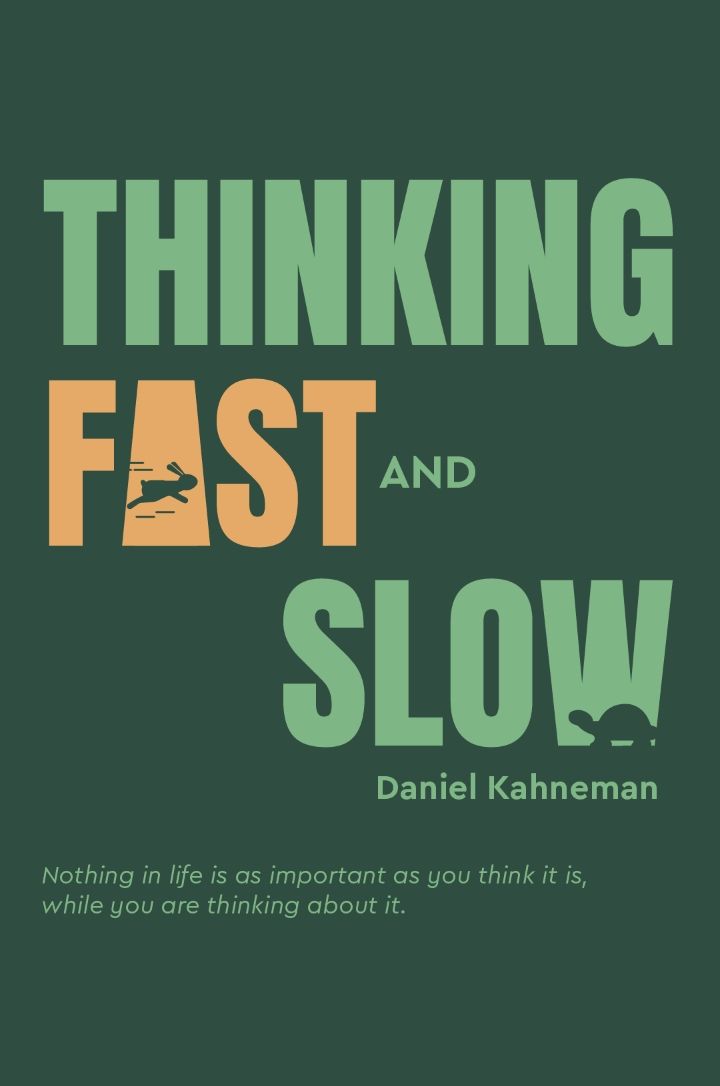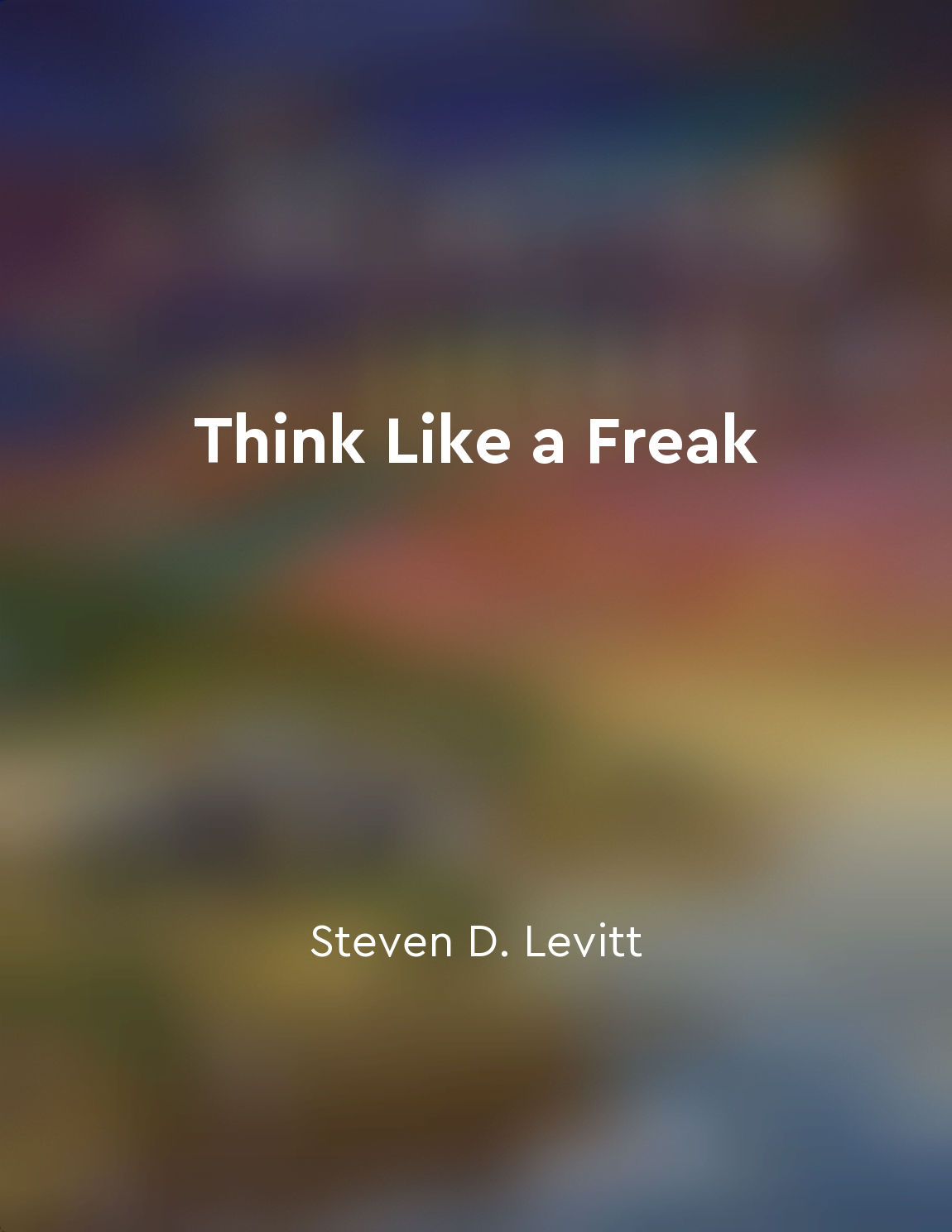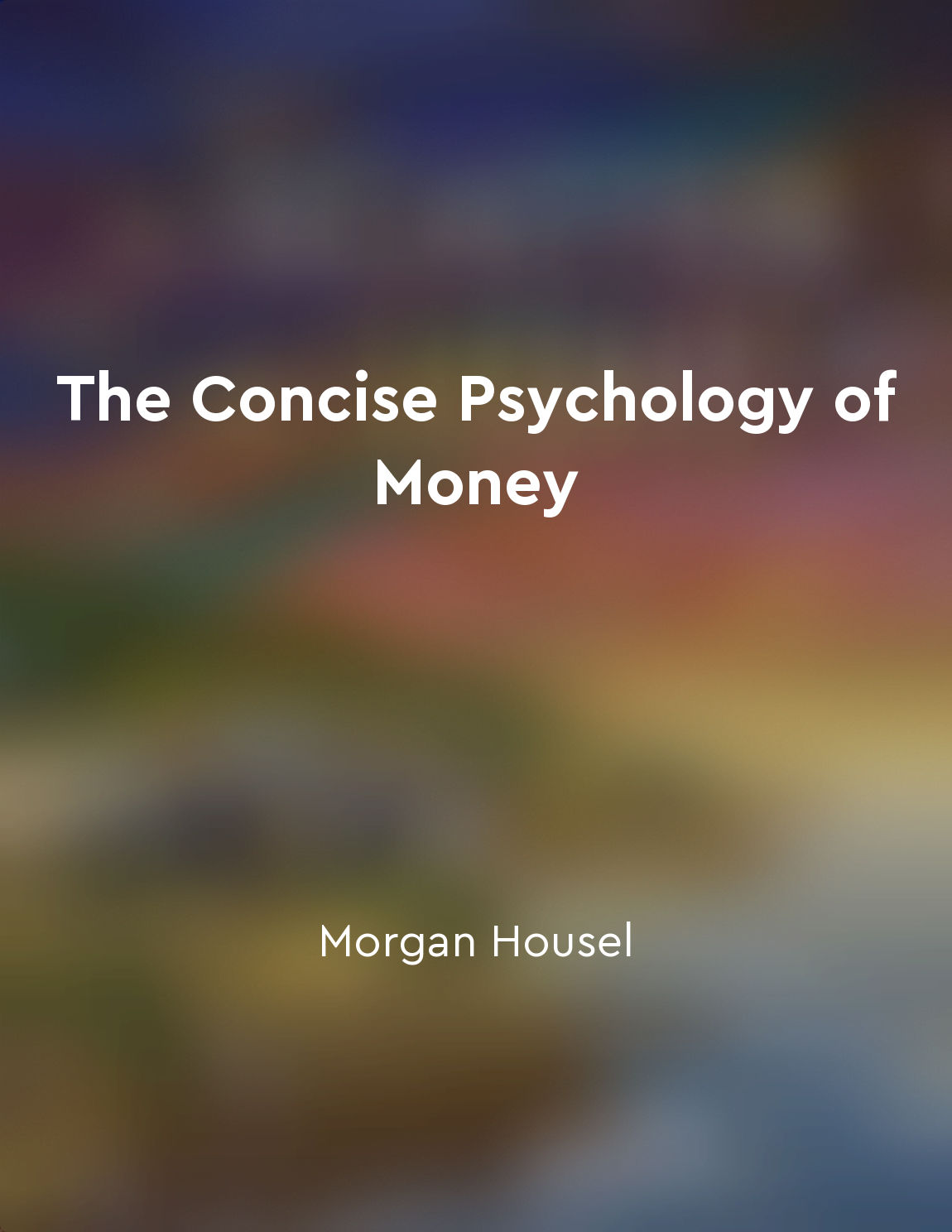The potential for behavioral economics to revolutionize traditional economic theories from "summary" of Misbehaving by Richard H Thaler
In the world of economics, traditional theories have long been based on the assumption that humans are rational beings who make decisions in their best interests. However, as behavioral economics has shown, this assumption is often far from reality. People are not always rational; in fact, they often make decisions that are influenced by emotions, biases, and social pressures. This is where the potential for behavioral economics to revolutionize traditional economic theories becomes apparent. By incorporating insights from psychology, sociology, and other social sciences, behavioral economics offers a more realistic v...Similar Posts
Stress can impair our judgment
Our ability to make sound decisions can be compromised by stress. When we are under pressure, our brains can become overwhelmed...
Economic sociology explores interactions between economy and society
Economic sociology delves into the intricate web of relationships that exist between the economy and society. It seeks to under...

Psychology influences investment choices
Investors' choices are not always driven by rational analysis or careful consideration of data. In fact, human psychology plays...
Game theory explains strategic decisionmaking
Game theory provides a powerful framework for understanding strategic decision-making. At its core, game theory is the study of...

Confirmation bias reinforces existing beliefs
Confirmation bias is a powerful force that shapes our thinking in subtle ways. It is the tendency to search for, interpret, fav...

Use data and statistics effectively
Data and statistics are powerful tools that can help us make better decisions and understand the world around us. But using the...
Monetary policy controls money supply
Monetary policy plays a crucial role in the economy by influencing the money supply. Central banks are responsible for implemen...

Live below your means
The concept of living below your means is a crucial piece of financial advice that many people often overlook. It means spendin...
Don't let fear hold you back from pursuing wealth
Many people dream of achieving financial success, yet they allow fear to prevent them from taking the necessary steps to pursue...

Tracking expenses is crucial for managing a budget and controlling spending
To understand the concept of tracking expenses in managing a budget and controlling spending, one must first acknowledge the im...
